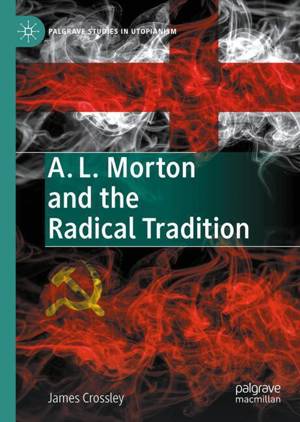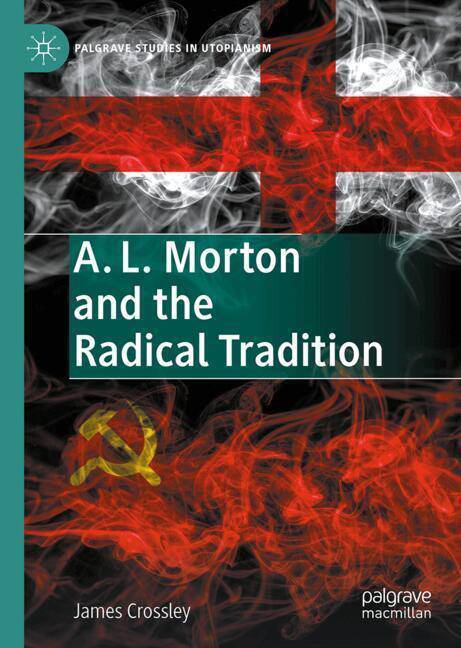
- Retrait gratuit dans votre magasin Club
- 7.000.000 titres dans notre catalogue
- Payer en toute sécurité
- Toujours un magasin près de chez vous
- Retrait gratuit dans votre magasin Club
- 7.000.0000 titres dans notre catalogue
- Payer en toute sécurité
- Toujours un magasin près de chez vous
Description
This is the first book-length treatment of the life and thought of the Communist intellectual A. L. Morton (1903-1987) who pioneered studies of utopianism, radical history, and English national identity. Morton is now best known for A People's History of England (1938) and The English Utopia (1952), but his output was vast, and he was once widely read in socialist circles and beyond. He published on the English Revolution, Chartism, the emergence of the British labour movement, the legacy of utopianism in working-class movements, Arthurian legends, Shakespeare, the Brontë sisters, Robert Owen, William Morris, millenarianism, imperialism, and much more. Through extensive archival work (including recently released secret service files) and a close reading of Morton's publications, this book shows how Morton was a key influence on the famed generation of British Marxist historians associated with the postwar Communist Party Historians' Group, often anticipating their more celebrated findings. This book analyses the interrelated significance of Morton's political work and his role within the Communist Party of Great Britain at crucial points in its history. The book further functions, then, as a story of English socialism and Communism during the Cold War.
Spécifications
Parties prenantes
- Auteur(s) :
- Editeur:
Contenu
- Nombre de pages :
- 432
- Langue:
- Anglais
- Collection :
Caractéristiques
- EAN:
- 9783031735875
- Date de parution :
- 22-01-25
- Format:
- Livre relié
- Format numérique:
- Genaaid
- Dimensions :
- 157 mm x 211 mm
- Poids :
- 675 g

Les avis
Nous publions uniquement les avis qui respectent les conditions requises. Consultez nos conditions pour les avis.






